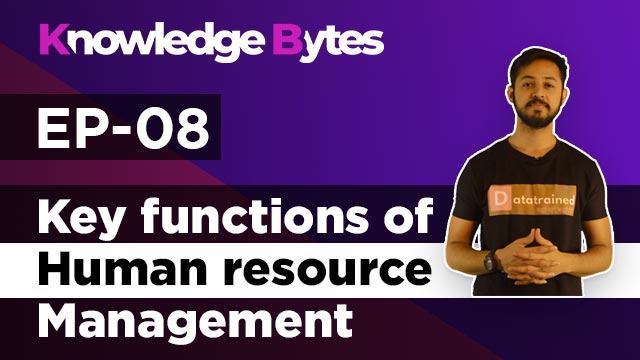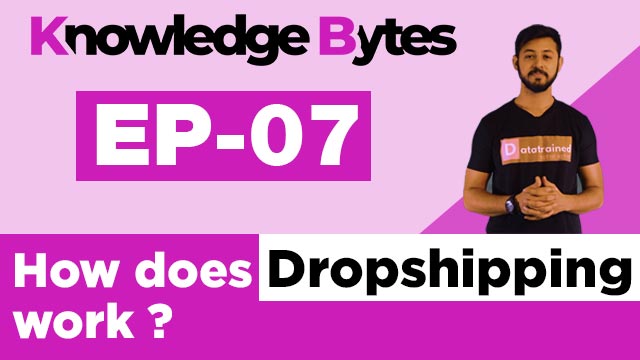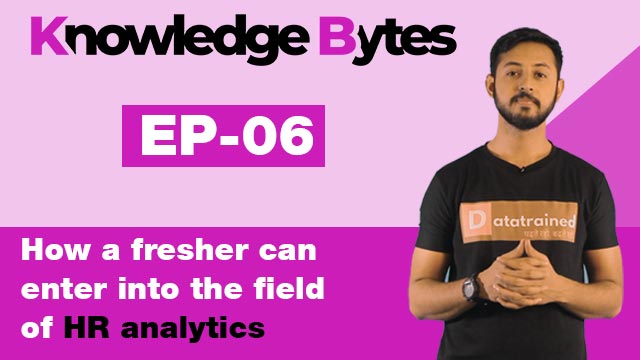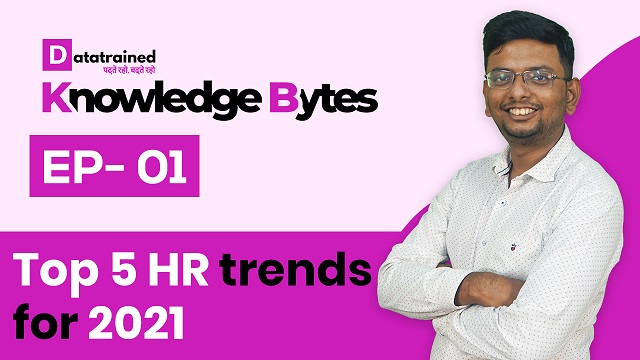A fresher can also enter the field of HR analytics. The only thing is he/she should have a good knowledge of statistics and insights about the various aspects related to HR like recruitment, employee training, working environment, etc. to take accurate and appropriate decisions. Everybody wishes to get into HR Analytics, and never with no good reason. As a skill, it's an enormous improvement to have with your resume today. Going for a data-driven strategy is going to help the businesses to make certain that their decisions are correct. You will find plenty of resources available including PowerBI, tableau, and where the data available can be used to analyze and get insights.
For instance, in case you're from Recruitment, search for important decisions or challenges that you or your administrators have to contend with. They can be related to the following:
• Meeting SLA for Time to Join
• Reducing Sourcing Costs
• Reducing dropouts
• Reducing wrong hires (attired within a short time of joining)
• etc.
So, it’s important that you choose a worthy problem before deep into analytics.
The next best thing to do, it looks at all the data you from relating to the problem and analyze it using the tools and techniques you already know. Don’t assume that you have no knowledge of HR Analytics. We all can slice and dice the data in build pivot tables, create v-loop ups, excel, prepare some graphs, etc. If you spend say 3 to 4 hours alone with the data and create the objective of finding out from data why this problem is occurring, I’m sure you will come up with some insights that you didn’t know about. Don’t think of HR Analytics as technology, software, or a tool. Of course, it has all of that but more importantly, it is a skill set.
All the best and to help if you are looking for any assistance on the data set to test your knowledge on HR analytics!











